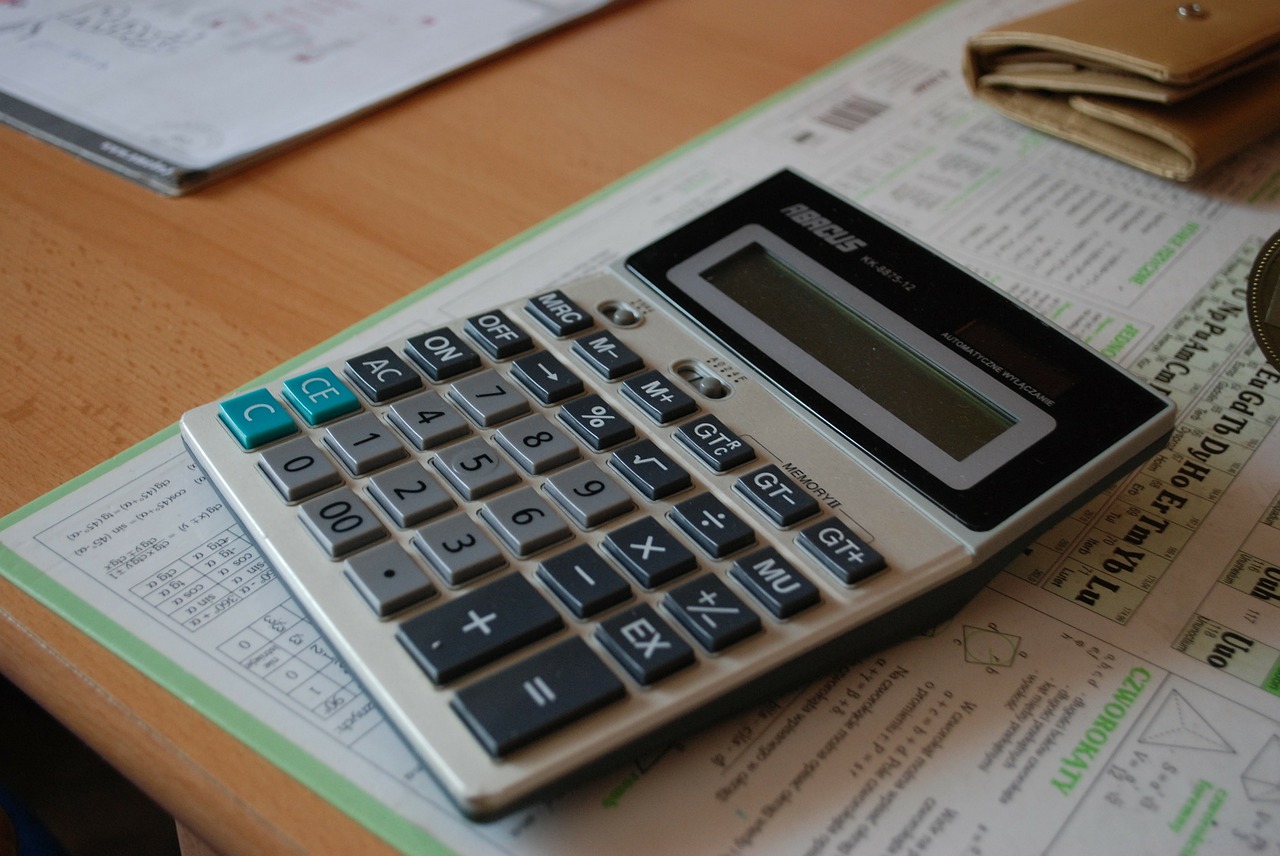Big purchases require a great deal of planning, both in terms of saving and finding the best deal. When a purchase is very expensive, it is natural for people to want to ensure that they are not wasting their money. However, even creating a savings plan can be stressful for people without a lot of budgeting experience.
The best way to save for big purchases is to use a systematic approach that takes into account a person’s current and future income. Individuals should not jump on a purchase just because they can finance it and the monthly payment seems affordable. Much more planning needs to go into the purchase.
Some important things to keep in mind while saving for big purchases include the following:
Establish a savings baseline.
 When saving for a big purchase, it is important to have a specific goal in mind. Sometimes, such as with a television or a large appliance, it is possible to get a reasonable estimate for the cost and save enough to cover the whole purchase at once. Other times, buyers will need to do more research.
When saving for a big purchase, it is important to have a specific goal in mind. Sometimes, such as with a television or a large appliance, it is possible to get a reasonable estimate for the cost and save enough to cover the whole purchase at once. Other times, buyers will need to do more research.
With a house or a car, it is important to figure out a realistic monthly payment and then work backwards to see what kind of down payment is needed to achieve that goal. Sometimes, it is necessary to lower the spending limit for a vehicle or a home in order to make the savings goal realistic. Also, it is important to investigate likely interest rates for loans, since slight variations can have a major impact on the required down payment.
Make saving an automated process.
Individuals may struggle to put away money if they do not make it a priority. Savings should be part of the monthly budget. The easiest way to save is to make it a mindless process. When people create a budget and know exactly how much money they can put away in a given month, they can create an automated deposit process through payroll or through their bank. Sometimes, it’s a good idea to open an account specifically for the big purchase so individuals can easily track their progress and know how close they are to their goal. Creating a separate account also makes it more difficult to dip into the savings when emergencies arise.
Play with different down payments.
To optimize financing for larger purchases, like a home, people can use online calculators to see how much a little extra savings up front can save them in the long run. Even with car purchases, a larger down payment can save quite a bit of interest over the life of the loan. For example, a four-year loan at 1.99 percent APR for $20,000 will result in a monthly payment of more than $430. By saving $430 monthly over the course of a year and using that as a down payment, consumers would only need to finance about $15,000, which means a monthly payment of about $320 with the same terms.
Comparison shop to find the ideal purchase.
 Individuals often have an idea of what they want with the larger purchases, but doing some research can save them a great deal of money. Often, comparison shopping can help find deals and lower prices on purchases like televisions and other expensive electronics. People may also want to consider looking at comparable products. Buying the cheapest option is not always the most frugal choice if the product will break sooner and cost more money during its lifespan. The same goes for homes. A fixer-upper may seem more affordable now, but how much money will the new owners need to invest in repairs each month?
Individuals often have an idea of what they want with the larger purchases, but doing some research can save them a great deal of money. Often, comparison shopping can help find deals and lower prices on purchases like televisions and other expensive electronics. People may also want to consider looking at comparable products. Buying the cheapest option is not always the most frugal choice if the product will break sooner and cost more money during its lifespan. The same goes for homes. A fixer-upper may seem more affordable now, but how much money will the new owners need to invest in repairs each month?
With a home, individuals can talk to professional appraisers and contractors for advice, but for other purchases, reviews are a great way of getting a sense of the product’s quality. Sometimes, it makes sense to spend more money for a car or a swimming pool that will last twice as long as a cheaper alternative.
Protect the purchase to avoid wasting money.
Many people believe that buying a warranty is a waste of money, but affordable warranties can provide important peace of mind. Most big purchases will already come with some form of insurance, but it is often worthwhile to purchase the extended warranty or even some third-party protection. However, individuals need to research the options prior to the purchase to see which plans are affordable and worth the investment.
Many credit cards offer deals that will extend a manufacturer’s warranty, sometimes even doubling it. In the case of a home, homeowners insurance is a necessity. If a buyer finances a car, he or she will need to purchase full coverage insurance for the vehicle. A good way to save money in this process is to invest in the dealership’s various protection packages.
Avoid making emotional purchases.
Perhaps the trickiest part of making a major purchase is emotionally divesting oneself from the process. While people should indeed love the purchases that they make based on months or years of savings, getting too emotionally invested in these items can lead to poor decisions. For example, individuals may fall for a particular car or home that they simply cannot afford and decide to take on extra debt only to land in hot water after a few months of payments. Before making any purchase, buyers should have clearly established upper spending limits and avoid looking at any potential purchases that fall outside of that price range.

